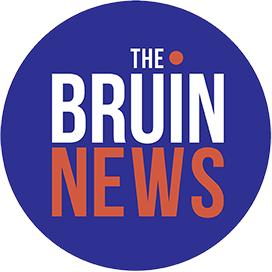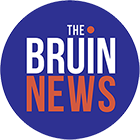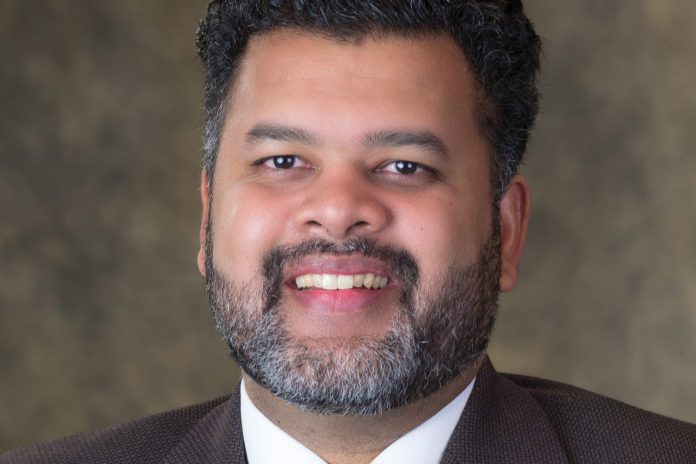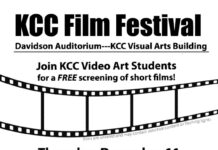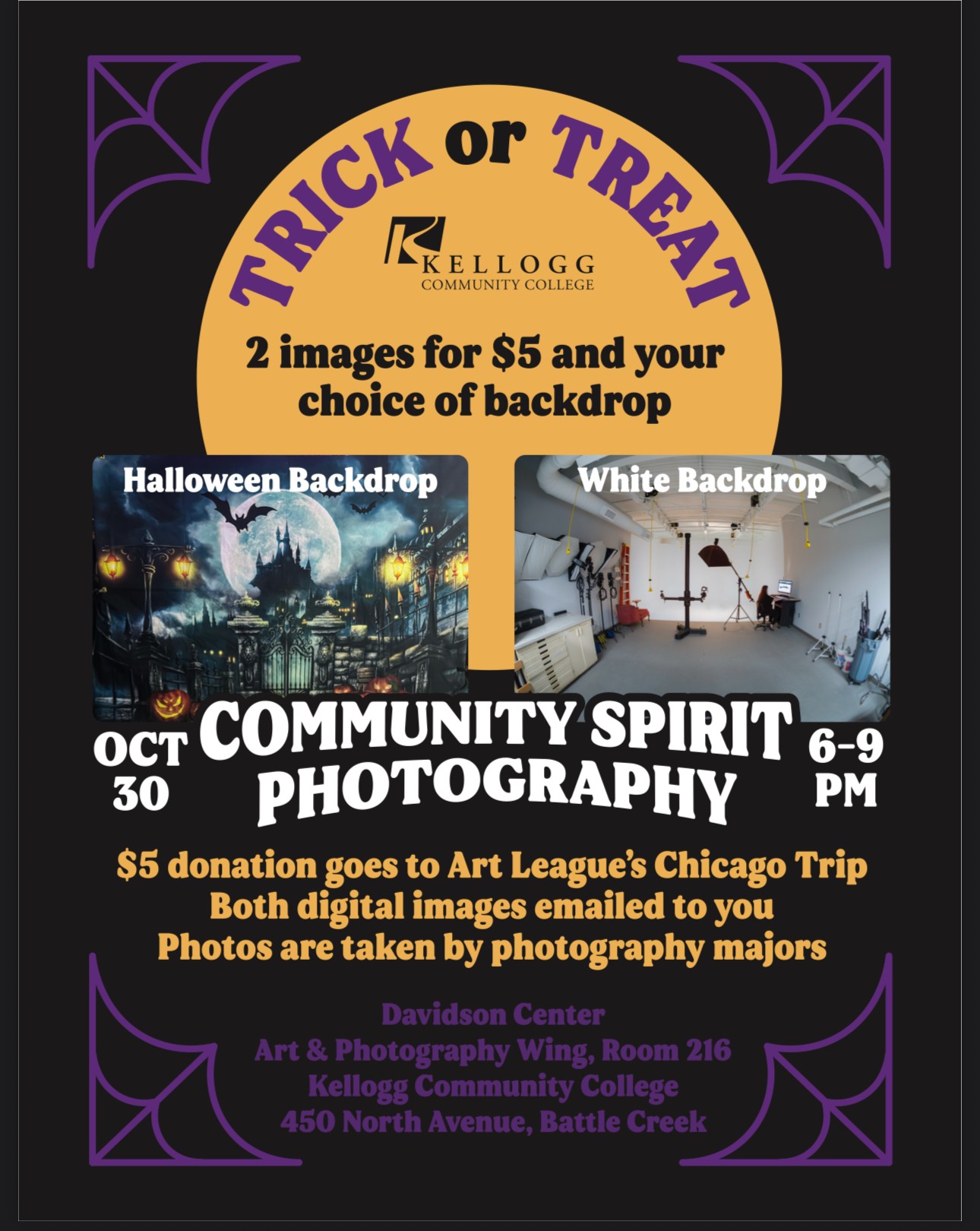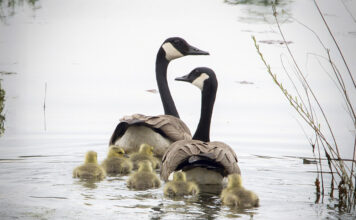Editors note: This interview was shortened by the editor for the convenience of our audience.
I got the chance to speak with the new president of KCC last Friday in order to get the students at Kellogg Community College and the community members of KCC and Battle Creek better acquainted with him.
Dr. Paul Watson was appointed the new position as president of KCC on January 18, after serving as interim president since April 2022. He is the seventh president in the 66 year history of KCC. I really enjoyed this conversation and I hope you all do as well.
Q: Who are you?
A: Who am I? That’s a great question, because I’m a person who is interested in seeing the success of others. That’s probably what drives me a lot. I’m a teacher at heart. That’s where I got my first experience, and taste of what I think is my calling, which is to help and serve others, because I always think of teachers as healers and helpers, they heal past experiences. They help push people to the next level. And that’s what I’ve always tried to do. Part of the reason why I’m in administration now is because I know I can have the ability to help so many other teachers to help their students.
On a personal level, I would probably tell you that I’m a family person. I have family in multiple countries, and I came myself as an international student to the U.S. I was born in South America, Guyana, and we moved to Barbados later on in the Caribbean, and I came to the U.S. for college. So I have that perspective of seeing and understanding different cultures and different perspectives and the way people do things differently, and I’m always learning from them all and recognizing how everyone belongs.
Q: Do you have a family, kids, pets?
A: Yeah, I do have a family. My wife and I have been married for 25 years. I have two sons, both of them actually are KCC graduates, and a little fun thing, we have a pet rabbit, which some say is a really odd pet especially when its your only pet. But there’s a story behind why we have one. It was really born out of my youngest son’s wishes for a pet. However I’m always concerned about people who just want a pet at the moment, and don’t recognize the responsibilities of having a pet. He was just learning how to use a presentation software; PowerPoint. So I said, create a PowerPoint and list all the reasons why we should get this pet bunny. And he did his research; he did a presentation for us, and based upon the convincing arguments he laid out, we now have a bunny and her name is Sophie.
Q: What are your hobbies or outside passions that you have outside of the field of work?
A: I read a lot. I always enjoy the opportunity to learn from individuals who are either smarter than I or have lived more experiences than I have. And I think there’s value in listening and reading, and it’s a great way to pick someone’s brain without having to be constrained by time. I also love a good documentary. I don’t know why, but I love learning about stuff that happened. I always ask myself how can I learn from things that have happened before? Because you don’t want to repeat the mistakes of the past, and you learn from the successes of the past and build upon those. Probably my other fun thing to do is I really enjoy spending time with my family. However with my two boys off on their own, the key thing for me right now is just to spend time with my wife.
Q: What is your favorite dinner?
A: I can’t tell you exactly what my favorite dinner is, the reason being my heritage. So growing up, I was introduced to so many different styles and kinds of food. So in terms of my cultural heritage, my great great grandfather, on my dad’s side, was a Scottish male who immigrated from Scotland down to South America. On my mom’s side, her grandparents came from Mumbai, India. And then on my dad’s side, my grandmother is Amerindian, which represents what are referred to as the native, indigenous peoples, the river peoples. When you have all of those different cultures and heritages in my family, I grew up eating roti and curries, which are very Indian dishes, at the same time, I was eating different Asian influenced dishes from Ghana, as well as more Caribbean foods, like pepper pot or jerk chicken. So for me, my favorite dinner would be a buffet and it probably would be a buffet where it has a lot of those foods that are just so near and dear to my heart.
Q: What is your favorite sport?
A: So I have two, I grew up playing cricket and basketball. I don’t get many chances to play cricket here, if I do, it’s if I’m visiting family. But if not, I enjoy playing or or watching basketball a lot more now.
Q: What is your favorite music artist or genre?
A: If I had to choose it’s actually what would be more on the reggae influence. I’m a big Barrington Levy fan, which people may not necessarily know who that is, but as well as Bob Marley, which a lot of folks will be able to recognize, and Sam Cook. The second tier or genre of artists would be heading into CCR and the Eagles.
Q: With your new position as President of KCC; What motivated you to try for this position?
A: I think the motivation comes from the term calling, because over the years, I’ve gone away from career goals and more towards my calling, and here’s the reason why. So don’t get me wrong, I think it’s good to have career goals, and I absolutely had those. But for me, as I got further into my profession, I recognized that my soul and my heart were being fed by the fact that I was serving others. And if it’s about that, then it becomes less about a career goal to me. And your calling is a bit different. It’s more like you are called to do right, and it’s not about you. The focus is now about the person that you’re called to help. So I feel called to serve, and that’s the major reason why I made the transition from being a teacher to an administrator many moons ago.
Q: So what is a goal you wish to accomplish in the near future?
A: The goals I’m gonna actually go towards are more of the institutional priorities. So we have aligned our institutional goals into what we deem as institutional priorities, and that’s what we’re gonna focus on over the next three years. So of those items, I think I’m really excited about the work we have already started doing, and the four main points of interest or where we want to build are enrollment, being a sustainable institution, community engagement and data governance. The interesting thing on the enrollment side is its not only about the recruitment of students, but it’s the retention of students and frankly, on both sides of that coin, it’s all about students’ success. If you help students find success and increase access for students, your enrollment is gonna grow. They are gonna complete the degrees, because they’re gonna see the benefit of that gain from employment afterwards.
Q:What are your long term plans for the future of KCC?
A: I always say, my job as a leader is to put the right people in the right places, smooth the track, clear the space in front of them, remove barriers that sometimes only you can remove, and then get out of their way. It’s about assembling a team that’s gonna do that. I think that’s what I’m focused on long term, creating the systems that allow us to find success for students faster, to make sure that we create systems that showcase the fact that everyone belongs. Create systems that break down barriers for access and help remove barriers that students always struggle with. How do we continually look to assist them, sometimes before they even recognize it? And by that, I’m referring to things that we’re already in the pathway for, like food insecurities.
We do a monthly fresh food distribution, like the Bruin snacks that we have around campus, because people sometimes come to classes and they have not had a shot of calories, and they can take it with no questions asked. But it’s just about making sure that we find those barriers and we get rid of them. Sometimes they’re financial, so a question would be how do we increase the amount of scholarships that we have? How do we go after state and federal grants to assist students to remove some of those barriers? Maybe it’s continuing to build a pathway for them to leave here and then walk into a job right away. So when we’re talking about the long term, it’s more about creating systems that are equitable, that promote access and success from day one to whenever that student is finished.
Q:As a student, I know that COVID really affected the learning process when I was in high school. How has that affected KCC and yourself?
A: I think you have to start by acknowledging the fact of loss. I know we have individuals in our employee staff as well as our students, who have been impacted by the loss of family members through this time period. So there’s always the feeling of loss. From that, I think the other thing that has happened as a dark result of that, is mental health. Even though mental health was always a concern, after COVID it definitely was a spike in concern. You had families’ lives being affected, even if there was not a loss of life, many people got really ill. I mean, we had students who were now immediately thrust into the role of being the breadwinner for their family. We had students who, in the middle of their educational journey, had to come to a realization that they had to stop their studies and get out into the workforce to now help support a family that needed their contribution financially. So that brings its own stress, in terms of the provision for a family. Even the stress of how to study and how to get the support from an instructor changed, because you didn’t have that face to face contact. You didn’t have that ease of reaching out and getting an answer. And a lot of folks felt very isolated during that time, academically, emotionally, spiritually, whatever have you. And that effect has affected a lot of peoples’ resilience. Instead of saying, I can do it, the odds seemed overwhelmingly against a lot of people during that time period.
So I think, as we continue to move toward a hopefully post pandemic world in the near future, this is all something I think we’re still navigating. Our instruction has forever changed in some ways, however I think we’re a lot more empathetic to a lot of different issues that came out of that time period. And I think institutionally, I’m proud of employees and students for being resilient and pushing through.
Q:Is there anything you would like to say or announce to KCC students or to the people of this community that you have you would like to share?
A: So every year, one of my things I always do is I create a pin that kind of focuses the message in terms of what we’re doing. I know my employees know this but maybe not students or community members so I think it’ll help folks understand my perspective on things. So when I spoke to the employees in January, I shared my belief that love is one of the strongest emotions that one can have. You know, the Greeks have multiple words for love, there’s familial love, love for a brother, love for a spouse, love for a thing. Because the Greeks saw love as having so many perspectives, and its such a deep word, and for me it’s all about empathy. The phrase I’ve given to the campus community employees and the phrase on this pin this year is “we’ve got to love our bruins across the finish line.” Because if we say we care for students, don’t be ashamed to say you love your students, and I firmly believe that there are ways to ensure everyone plants success.
I think if you tap into that understanding that you have, that empathy you have for your students and the situations they are going through, and you love your students, you are gonna try, you’re gonna do just about everything to help them to cross that finish line.
You can contact Dr. Watson at watsonp@kellogg.edu
